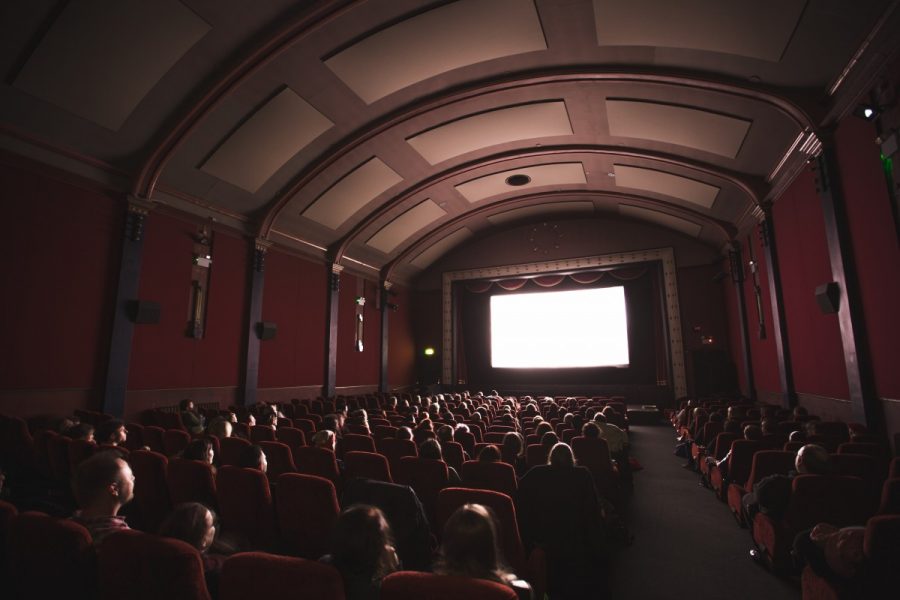In defense of movie theaters
During a time in which movie theaters are closed to the public and streaming services are dominating the film distribution industry, people are beginning to wonder if movie theaters are necessary and whether or not film distribution should become completely digitized. After all, the barebones experience of a movie theater is spending money to stare at a large screen in a dark room filled with strangers eating corn.
Wouldn’t it make more sense to just enjoy films from the comfort of one’s own home without having to worry about loudly-talking individuals, compulsive texters, ridiculously tall people blocking the view of the screen, and the constant pressure to avoid using the restroom due to the risk of missing a crucial scene? To an extent, yes. But I feel as though the movie-going experience, at its very core, still remains enjoyable.
The main draw of movie theaters is, of course, being able to see brand new releases on massive screens in crystal clear high-definition complemented by incredibly realistic sound. A movie theater does not just present a film—it heightens the viewing experience by making it something extravagant and special which is difficult to fully replicate anywhere else.
The same is applied to the snacks. Sure, concessions tend to be a little pricey, but, like the movie-going experience itself, they’re supposed to be extravagant, inviting you to splurge on a fun night out. There’s a reason why microwave popcorn companies use the tagline “now with movie theater butter!” to sell their all too plain-tasting products that could never compete with the real thing.
Furthermore, movie theater chains such as IMAX have recently broadened the variety of food they offer, bringing even more diversity to the experience. This also applies to the content being screened at multiple theaters. Though they currently may be closed, plenty of movie theaters have established themselves as locations that not only provide the public with the latest releases, but also with live stage broadcasts, special showings of cult classics, and limited re-releases of newer, popular films.
By simultaneously acknowledging nostalgia for classic cinema and the very future of the film industry, theaters are attempting to develop a new identity that we shouldn’t ignore. Many are changing for the better through gorgeous makeovers and the provision of numerous accommodations such as more comfortable seating.
The industry is making a clear shift from the provision of basic entertainment to the establishment of the finest viewing experiences audiences can get. Even if going to the movies isn’t really your thing, I implore you to give it a shot once our theaters reopen and to decide for yourself whether or not the age of movie theaters is completely over.

Madeline Phelps is a senior currently attending Arroyo Grande High School, from a distance, of course. When she isn’t doing schoolwork or sitting around...






